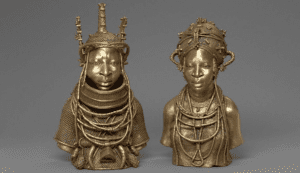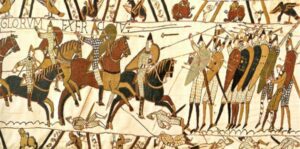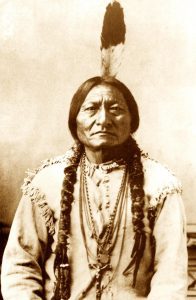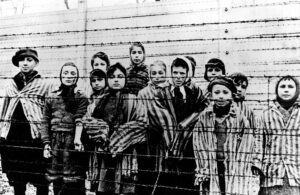Year 7
The following units are taught in Year 7:
A History of Belper School
What does the evidence tell us about what Belper School was like in the 1970’s?
This is a local study that will help students understand the uniqueness of the school and its development over time. This unit will look at how the school has developed and changed physically and in terms of curriculum.
The Silk Roads
How do the Silk Roads help us understand world History?
The Silk Roads looks at world History from the ancient world to present day. It gives students an overview of history, covering many of the events/themes that will be explored in later years.
Did the Normans bring a ‘truck load of trouble’ to England in 1066?
Students learn about this key point in British History and understand its importance. This builds on knowledge learnt in primary school about Anglo-Saxons and invasions.
Were the Crusades a Holy War?
Building on their skills and knowledge from the Norman Conquest unit of werk, students learn about the interconnectedness of the world and England.
Plantagenet Women
How could royal power lie in female hands?
The unit of Plantagenet women considers the role of women in the medieval power and their influence.
Medieval Life
What makes a good hitorical story about life in a medieval village?
Students learn how to write a convincing story about life in the fourteenth century Suffolk village of Walsham.
Black Tudors
What was life in Tudor England like? How did Kaufmann uncover the lives of the Black Tudors?
The Black Tudors looks at the life of ordinary Tudors through the lens of Black people in this time. This unit will help show the representative nature of the Early Modern period. This unit also aims to show the long history of migration to Britain since Roman times.
Tudor Religion
How much religious change was there under each Tudor Monarch?
Students study a key point in British and European History that looks at that changes in religion.
Civil War
How can we explain the Civil War?
Students study a key point in British History that looks at the changing power relationship between the monarch and parliament.
18th Century Politics
Ruling Britannia! How did those in power change, 1683 – 1783?
Students learn about power and political change in Britain in the period 1688-1783. Through the unfolding narrative, students learn about key concepts including monarchy, government and Parliament, identify causal factors and develop a sense of period. Finally they assess how power and the fears of those in power changed across the period.



 Studying life in Nazi Germany and The Holocaust. This will include studying the Nazi dictatorship, those that opposed it, Germany at war and persecution of the Jews.
Studying life in Nazi Germany and The Holocaust. This will include studying the Nazi dictatorship, those that opposed it, Germany at war and persecution of the Jews.